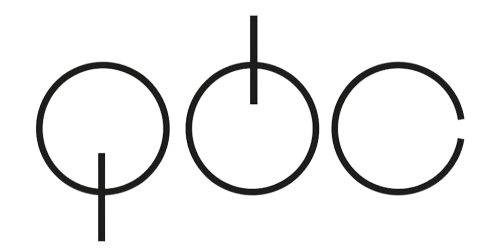Medically, and in practice, addiction is most often diagnosed using the DSM-5 category of substance use disorder. Unhelpfully, however, nowhere in the DSM-5 is this explicitly and transparently mentioned. In fact, the American Psychiatric Association (APA), who are the developers of the DSM, nonchalantly utilize the terms “substance use disorder” and “addiction” interchangeably on their website. Alcohol abuse is any consistent or constant dangerous or problematic behavior with respect to drinking or alcohol use.
Researcher calls for phone addiction to be recognised as a disorder – The New Daily
Researcher calls for phone addiction to be recognised as a disorder.
Posted: Sun, 15 Oct 2023 07:00:00 GMT [source]
The quest of the addict may be the quest to feel full, sexually satisfied, without aggressive strivings, and free of pain and anxiety. Utopia would be to feel normal, and this is about the best that the narcotic addict can achieve by way of drugs. Addiction and dependence are words both used to describe an unhealthy and problematic pattern of drug or alcohol use. In the past, drug or alcohol dependence was diagnosed as the most severe form of addiction, but this classification was done away with in 2013.
What is Drug Dependence?
When someone is addicted to a substance, it’s not uncommon for their loved ones to refer to them as having an “addiction” to certain behaviors or describe them as someone that is “dependent” on alcohol or drugs. People tend to use the words “addiction” and “dependent” interchangeably to describe a person’s behavior when engaged in a certain activity, as well as the results of the behavior when it leads to a physical illness. However, there are clear differences between the two terms, several of which deal with the chemical effects that happen to addicted persons. There is no shame in experiencing a substance use disorder or physical dependency.
- The pain-killing effects of the drug bring about higher tolerance levels.
- It’s one of the body’s ways of adapting to regular exposure to the substance.
- That alone isn’t always an addiction, but it can accompany addiction.
Today, addiction and dependence are used interchangeably, and both refer to an unhealthy and problematic pattern of substance use. Sometimes, drug dependence and addiction are accompanied by underlying mental health issues, such as depression, anxiety, eating, trauma, and stress-related What is a Halfway House? What to Expect in Halfway Housing disorders. In these cases, integrated treatment for co-occurring disorders is required, no matter the severity of the dependence and/or addiction. Detoxification is not always needed—this depends on the extent of the withdrawal symptoms upon stopping drug abuse.
Meth Withdrawal Symptoms, Timeline and Detox Treatment
However, the most recent edition of the DSM no longer creates this distinction. So why do some organizations scrap the word “addiction” from their vocabulary? The minds behind the DSM find the term carries too much negative connotation and is ambiguous. The World Health https://trading-market.org/how-alcohol-impacts-life-expectancy-alcoholic-life/ Organization also wanted to replace the medical designation of “addiction” with the word “dependence” back in 1964 (which probably contributed to the confusion). We do not receive any commission or fee that is dependent upon which treatment provider a caller chooses.

As long as the medications keep me stable, I’ll continue to take them. I don’t see it as an addiction at all, rather a need in my body to regulate my brain chemistry. “Physical dependence on a substance (drug or alcohol) may be a component of addiction, but it does not https://g-markets.net/sober-living/how-to-clean-your-system-from-alcohol-in-24-hours/ itself equal addiction. Substance abuse is a pattern of compulsive substance use marked by recurrent significant social, occupational, legal, or interpersonal adverse consequences, such as repeated absences from work or school, arrests, and marital difficulties.
Dependence
Bear in mind a person can be dependent on certain medications for chronic conditions that will be required for the rest of their life. For example, a person with type 1 diabetes (sometimes called insulin-dependent diabetes) will not be treated for this dependency as it is necessary to their survival. This article will share more about the differences between substance use disorder and physical dependency.
Misdiagnosis of addictive disorders can lead to a cascade of negative outcomes, including stigma, discontinuation of needed medications, undue scrutiny of both patients and physicians, and even criminal consequences. It is hardly surprising that physicians frequently mislabel patients when the ICD terms used to code for addiction are themselves misleading. ICD codes have not been updated to reflect current understanding of addiction, unlike those in the DSM-5.
